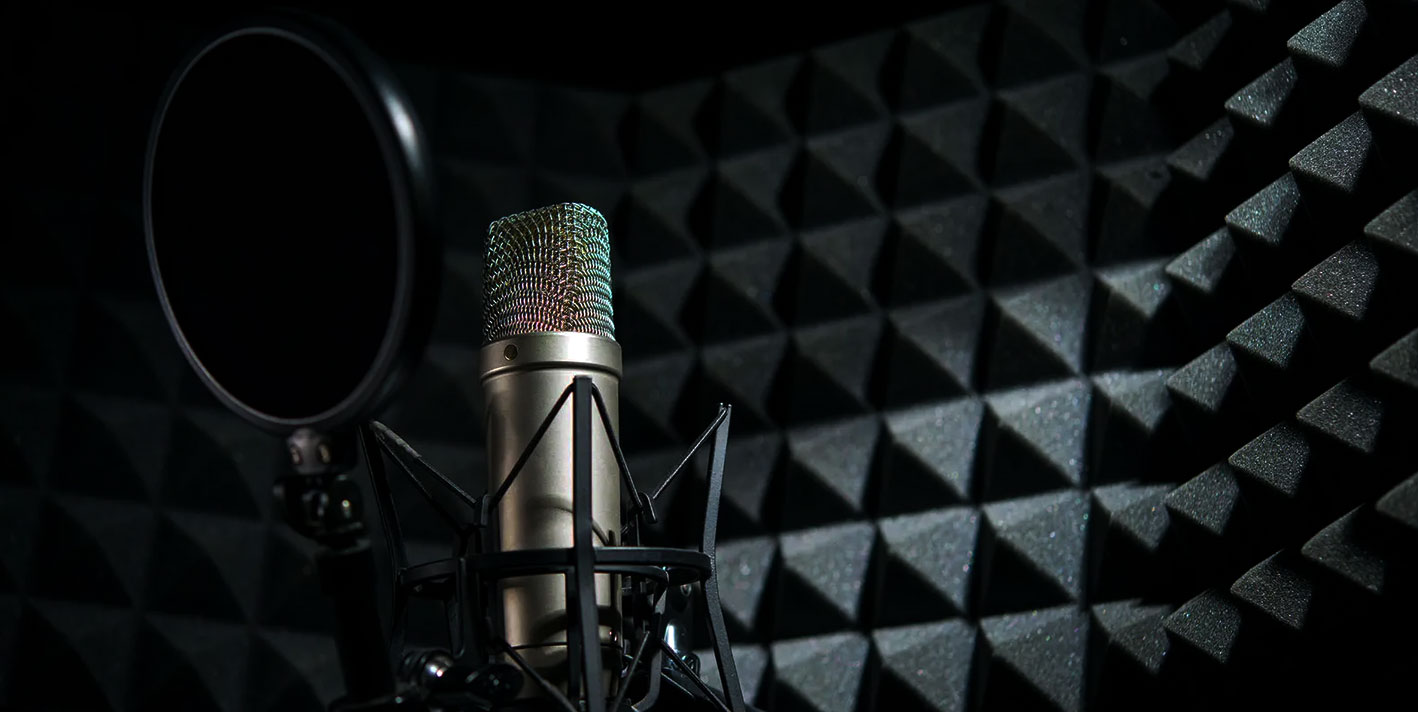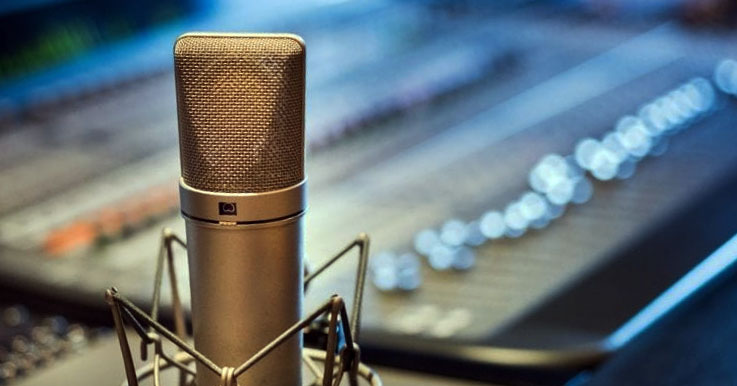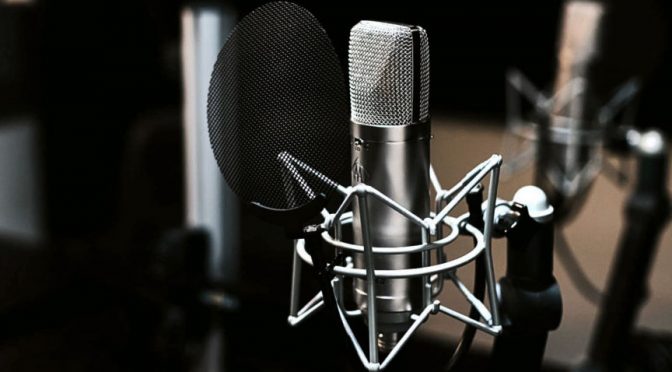Do you know what a condenser mic is? Chances are, if you’re an aspiring musician or producer, you do. And chances are also good that you believe they make your sound better. But is that the case?
In this blog post, we’ll take a closer look at condenser mics and find out if they live up to the hype once and for all. Spoiler alert: they don’t! But read on to find out why…
What is the advantage of using a condenser microphone?
There is a lot of debate among audio professionals about condenser microphones. Some people swear by them, while others believe that they don’t make much of a difference in sound quality. So, which is it? Do condenser mics make you sound better?
The answer to this question is complicated. It depends on a number of factors, including the type of microphone, the environment in which it’s being used, and the individual’s voice. That said, some general things can be said about the benefits of using a condenser mic.
First and foremost, condenser mics tend to capture more detail than dynamic mics. This means that they can capture the subtle nuances of vocal performance, whereas dynamic mics tend to wash out these details.

Second, condenser microphones have higher sensitivity than their dynamic counterparts. This means that they pick up more sound at lower volumes, which allows them to produce better recordings without increasing the volume too much (which could cause distortion).
Third, because condensers are so sensitive and detailed, it’s easier for them to record sounds from different distances away from the source than with other types of microphones. For example: If you were recording someone who was standing two feet away from your microphone with a cardioid patterned mic like an SM58 or SM57, then you might not be able to pick up the sound of someone who was standing four feet away from the mic. However, if you were using a condenser microphone in that same scenario, you would be able to capture both sounds without any issue.
Fourth, condenser microphones are often used in studio settings because they provide a more “open” and natural-sounding vocal recording than dynamic mics. This is due to the fact that condensers are less prone to picking up noise and interference from other sources in the room.

Things you didn’t know a condenser microphone could do
What is a condenser microphone used for? It is a type of microphone that uses the principles of capacitance to convert sound into an electrical signal. They are typically used in professional settings and can be expensive. However, they offer a high-quality sound perfect for studio recordings or live performances.
There are two main types of condenser microphones: studio and handheld. Studio condenser microphones are typically large and expensive, while handheld condenser microphones are smaller and more affordable. Both types of condenser microphones have their advantages and disadvantages, so it’s important to choose the right one for your needs.
